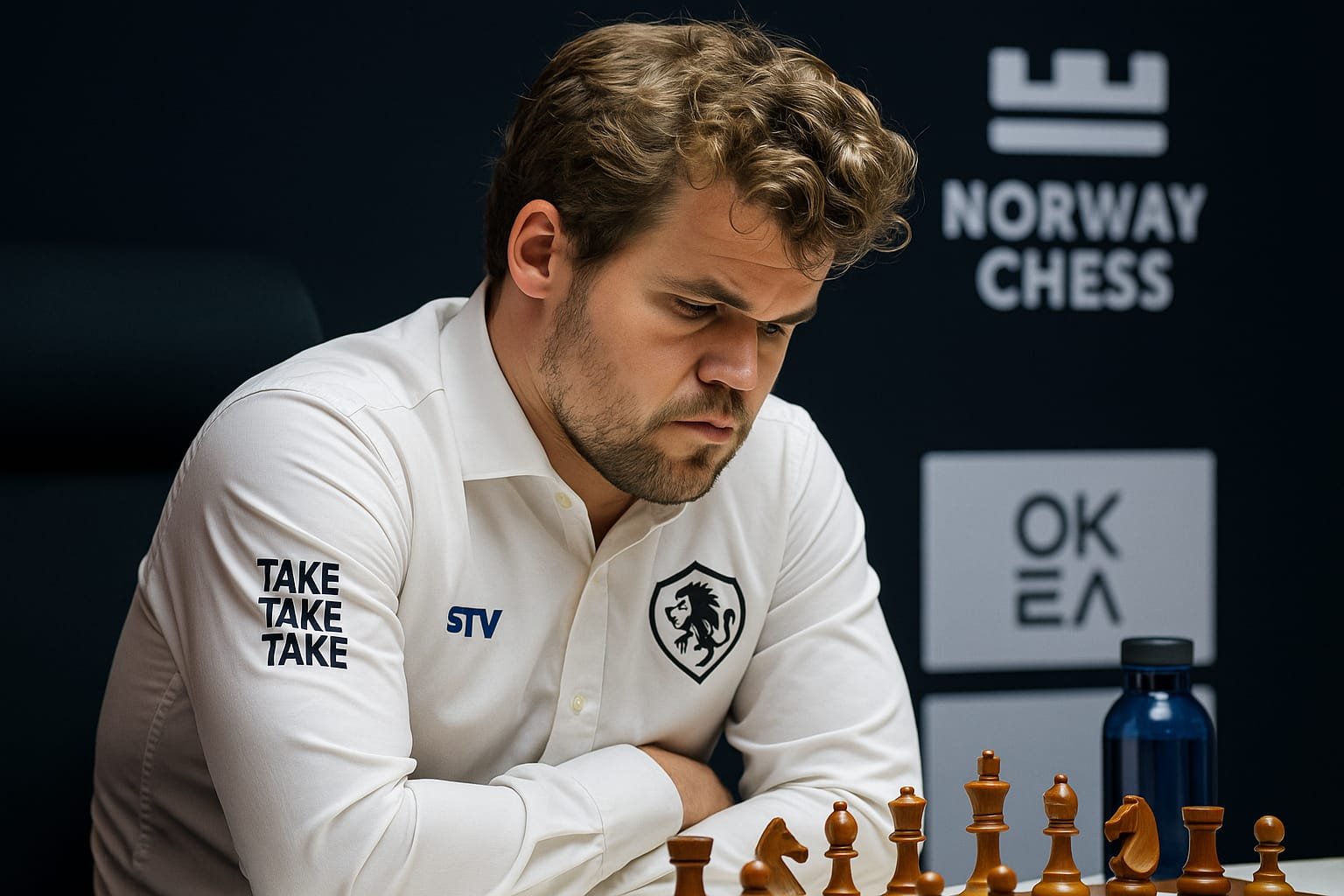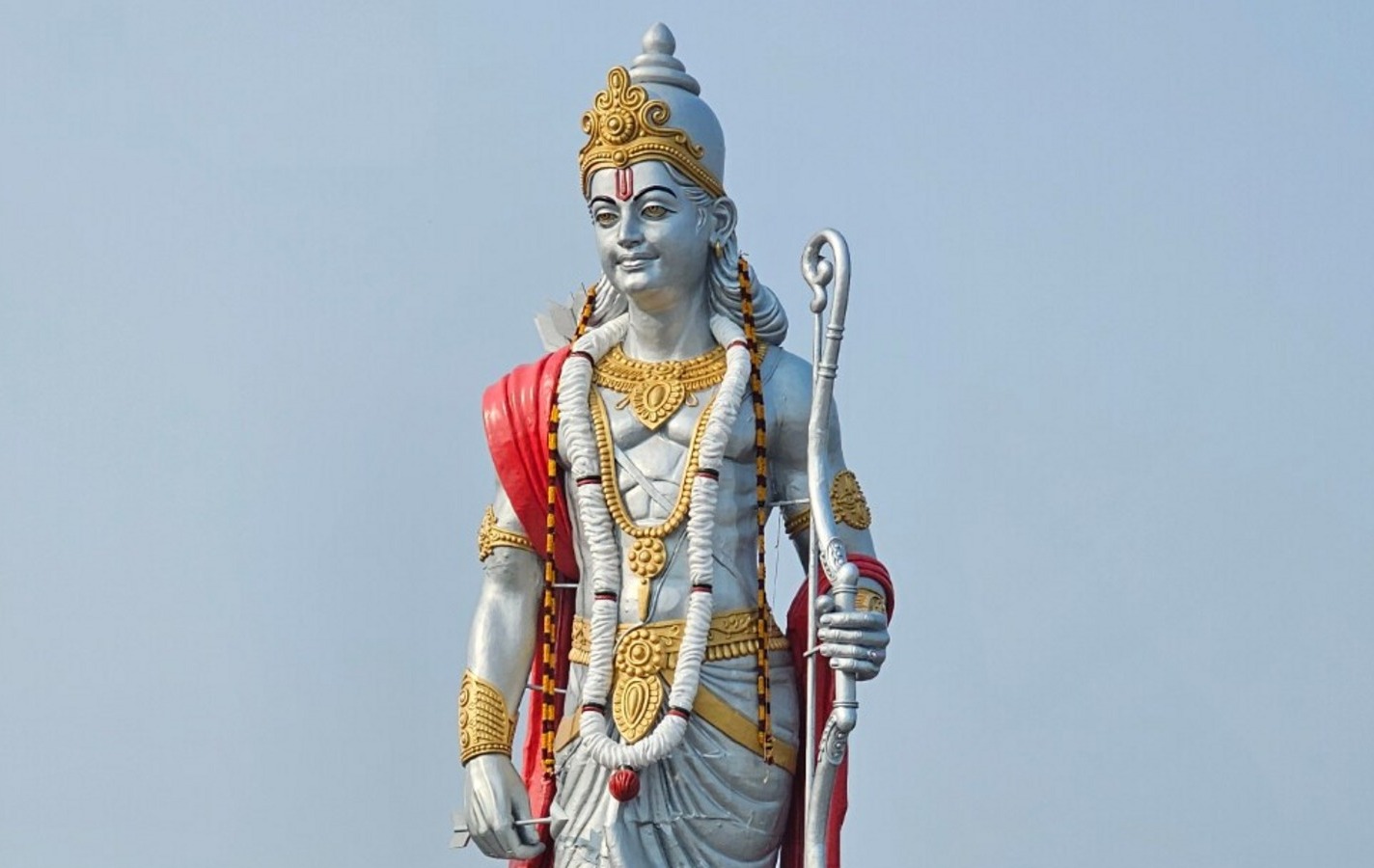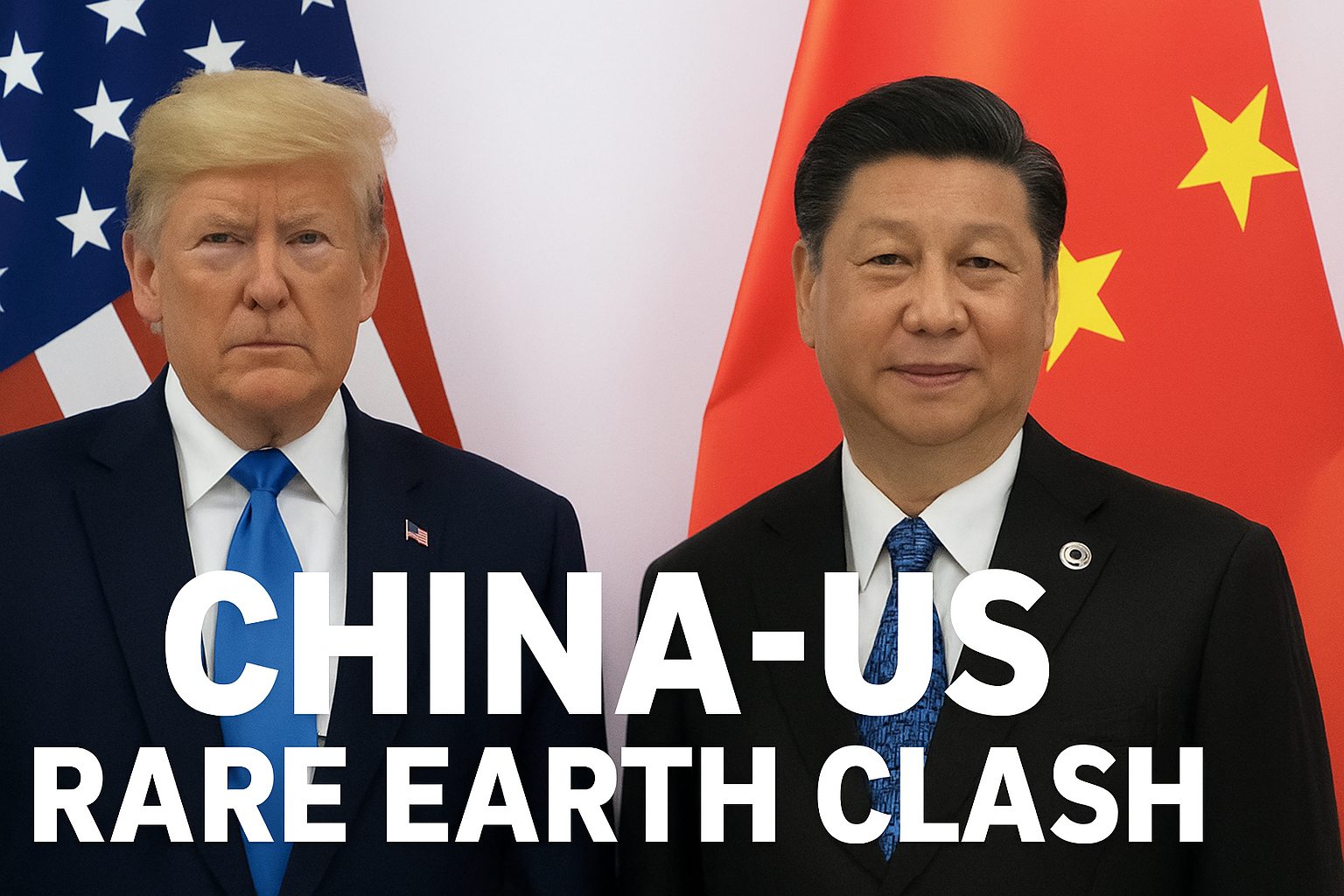
There’s a particular stillness in a chess hall when a king reasserts his dominance — not with brash celebration, but with the quiet precision of a surgeon wielding his scalpel. That was the atmosphere in Stavanger as Magnus Carlsen, Norway’s prodigious son and former world champion, outmaneuvered Indian teenager D Gukesh in a gripping encounter at the Norway Chess tournament.
The face of 18-year-old Gukesh D, flushed with disappointment, said more than a scoreboard ever could. The rising star had dared to challenge the grandmaster on home turf, only to be gently but firmly reminded: the throne isn’t vacant just yet.
Carlsen, ever the enigma and entertainer, shrugged off the tension afterward with typical Norwegian coolness, admitting to local media that he was “a bit random” about the endgame outcome. Yet the randomness was only on the surface — underneath was the icy calculation of a man who has lived and breathed elite chess for over a decade.
The Battle Behind the Board
The duel opened with what looked like a benign setup: the rarely chosen Jobava London System. Unusual? Yes. Ineffective? Hardly. Carlsen confessed to using it occasionally in online play, and its surprise element worked wonders here. The middlegame danced between balance and bluff until Carlsen, spotting an opening, unleashed a queen sortie (Qh6+) that forced Gukesh onto the backfoot. A draw in classical play pushed the match into the nerve-wracking Armageddon round — where Carlsen’s icy calm shone through.
“I don’t know if you should call it school chess or lazy chess,” Carlsen joked, describing his decision to play the simple but strategic ‘Take Take Take’ method. “Eventually, I wasn’t too happy to go into the endgame, but there’s always a bit of imbalance left.”
Gukesh: A Lion Cub Learning to Roar
While the Indian youngster didn’t emerge victorious, his performance underscored his grit. Gukesh, India’s youngest ever player to cross 2750 Elo and a current candidate for the world title, wasn’t overawed. He studied the board obsessively, adjusted his chair like a seasoned pro, and even returned Carlsen’s mind games with resilience — but chess, as Carlsen reminded everyone, is a game of microscopic margins.
Gukesh's loss gives him much to reflect on — and a potential rematch looms on June 1st, when he’ll have the white pieces. That showdown promises to be no less intense, especially with the tournament’s top slot and psychological edge at stake.
King Still Rules, But the Knights Are Rising
Carlsen may not hold the world championship title anymore, but this victory reaffirms his position as the sport’s defining presence. His intuition, timing, and unshakable poker face continue to mesmerize both opponents and fans. As younger talents like Gukesh, Praggnanandhaa, and Arjun Erigaisi rise up the ranks, Carlsen’s battles with them are becoming generational duels — the old guard versus the new.
In a related match, Arjun Erigaisi added to India’s cheer by winning his Armageddon game against China’s Wei Yi, further highlighting the Indian surge in global chess. But the day belonged to Carlsen — the wily maestro who once again showed that kings aren’t born, they endure.
As the tournament progresses, one lesson stands clear: coming at the king demands more than talent. It demands patience, precision, and the ability to finish what you start.




.jpeg)





.jpeg)



.jpeg)



.jpeg)
.jpeg)
.jpeg)
